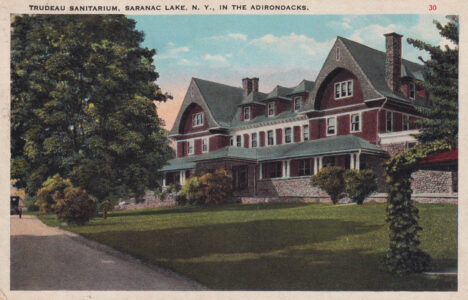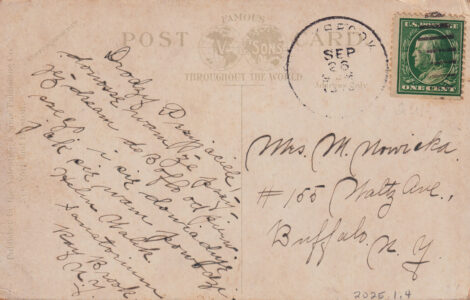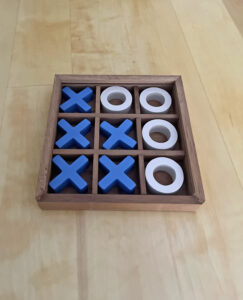Treating pinworms in children
Parents have been itching to ask me questions about their child having pinworms.
Let me see if I can scratch the surface on this particular topic.
Pinworms are tiny worms that set up shop to lay their eggs in the intestines and affect millions of people yearly — especially school-age children.
If your child gets this disorder, be reassured these tiny worms that cause itching around the rear end are not dangerous and can easily be gotten rid of.
Pinworm infections, however, are contagious.
They get into a child when people get the eggs on their hands and fingernails, via things people touch a lot since the worms can survive on surfaces for two to three hours. Some of these surfaces include clothing, bed linens, bathroom and kitchen surfaces, and even desks or lunch tables at school.
Interestingly, pets do not carry pinworms and cannot give this disorder to your children.
Once in their digestive system, the eggs hatch and one to two months later these newly hatched worms come out the rear end. This often happens at night. The pinworms will start laying eggs on the skin right around the anus, making the skin feel itchy.
–
Signs your child might have pinworms
–
¯ There is itching around their rear end.
¯ They may have trouble sleeping.
¯ You may see tiny white worms like a piece of thread and no bigger than a staple around the anus, or in the toilet or on toilet paper after your child uses the toilet or in their underwear.
¯ Sometimes the worms will move to the vagina of a girl and cause itching there as well.
–
Things that can help
–
¯ Place a piece of tape with the sticky side over the anus at night. This will often allow you to capture the eggs or worms which can then be taken to your child’s health care professional to confirm the diagnosis.
¯ Treatment involves a medication given in one dose then repeated as a second dose two weeks later. While the medication will kill the worms and their eggs, itching may last for an additional week or two.
¯ The best way to deal with pinworms is to prevent them from occurring — so remind your child about: washing their hands often — especially after using the toilet, playing outside, and before eating; keeping nails short and clean; and bathing and washing towels, clothes, and sheets in hot water.
Hopefully tips like these will pin down what you need to know if you suspect your child may have pinworms.
——
Lewis First, MD, is Chief of Pediatrics at The University of Vermont Children’s Hospital and Chair of the Department of Pediatrics at the University of Vermont’s Larner College of Medicine. You can also catch “First with Kids” weekly on WOKO 98.9FM and NBC5.




